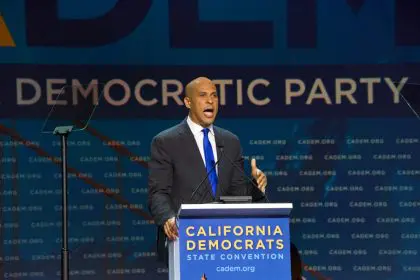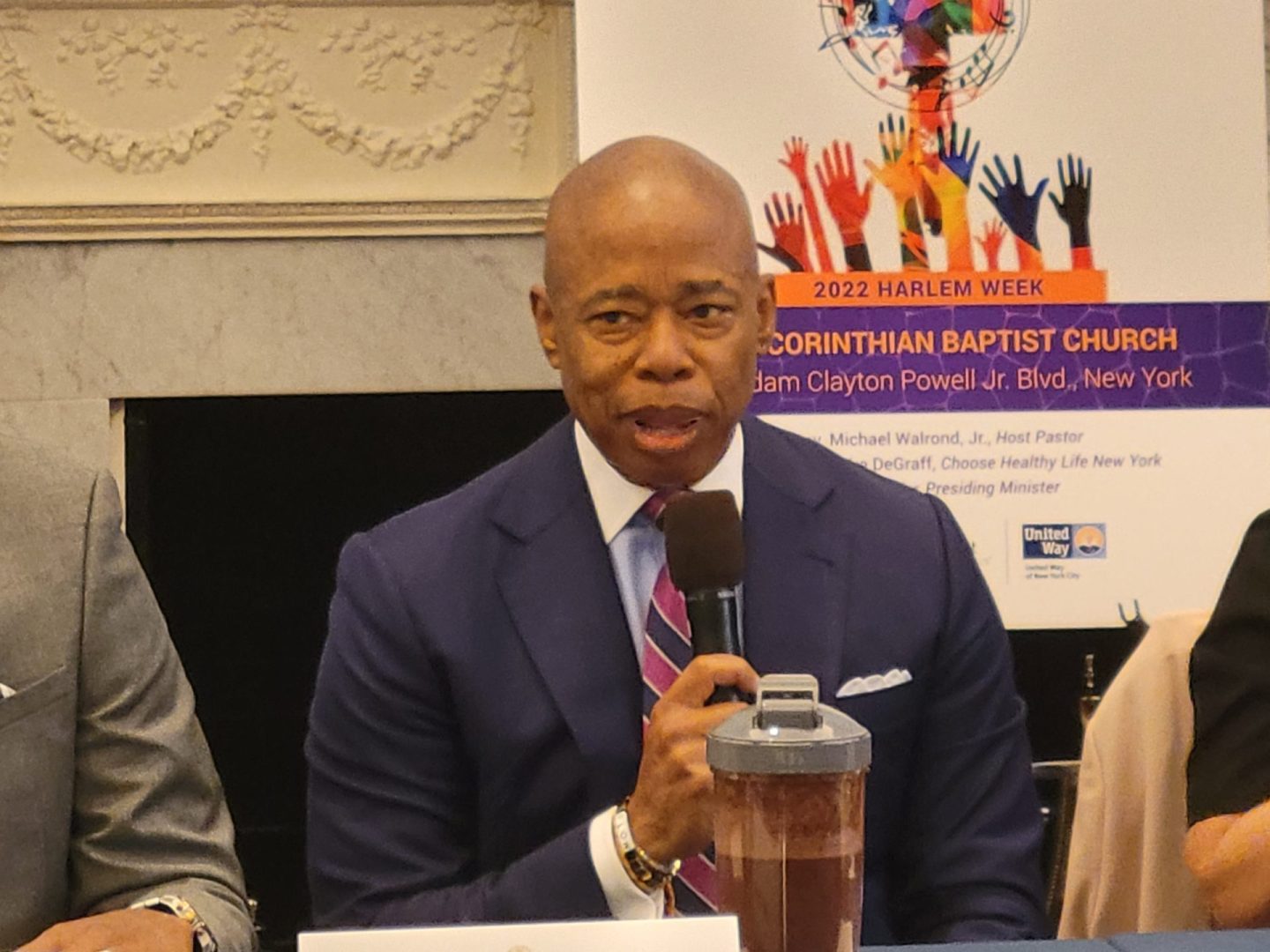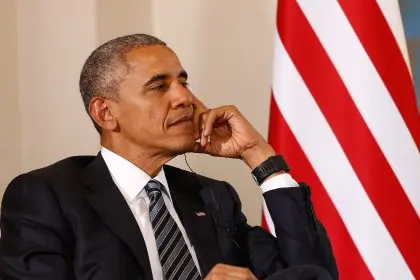In what appears to be the largest coordinated departure of federal technology specialists since the Trump administration began its second term, 21 employees from the Department of Government Efficiency have submitted their resignations. The staffers, previously part of the United States Digital Service, announced their decision Tuesday in a collective protest against what they describe as a fundamental shift away from their public service mission.
The resignations represent a significant blow to the technological expertise within the federal government at a time when digital systems are increasingly essential to delivering services to Americans.
A growing rift between mission and leadership
The resigning employees cited an irreconcilable conflict between their oath to serve the American people and the current direction of DOGE under the guidance of Elon Musk, who serves as an adviser to President Trump. Their resignation letter emphasized their commitment to uphold the Constitution across different presidential administrations, but stated they could no longer honor those commitments under present circumstances.
These departing civil servants, many with backgrounds at companies like Google and Amazon, had joined government out of a sense of duty to improve public services. They were particularly motivated following the establishment of the USDS under President Barack Obama after the troubled Healthcare.gov rollout demonstrated the need for technical expertise within government.
Concerns about competence in critical roles
The resignation letter raised serious questions about the qualifications of new personnel brought in by Musk to implement Trump’s executive orders aimed at reducing federal government size. The former employees warned that many recent hires lack the necessary experience to effectively manage critical government functions that millions of Americans depend upon.
This talent exodus comes amid a series of court challenges attempting to halt government efforts to terminate or pressure thousands of federal workers out of their jobs. The departing employees expressed particular concern about the potential impact on modernization efforts for Social Security, veterans’ services, tax filing, healthcare, disaster relief and student aid systems.
The first in a troubling pattern of departures
The mass resignation follows approximately 40 office staffers who were laid off earlier this month, further diminishing the government’s technological capabilities. According to the resigning employees, only one engineer was among those let go in the earlier round of cuts, suggesting a concerning pattern of losing technical expertise throughout the department.
One of those previously laid-off staffers, Jonathan Kamens, publicly criticized Musk and expressed serious concerns about potential misuse of data by DOGE leadership. His comments reflect growing anxiety among former government technology specialists about both the competence and intentions of those now in charge of sensitive systems.
White House dismisses concerns as political
White House Press Secretary Karoline Leavitt responded to the resignations by dismissing the concerns as political obstruction. “Anyone who thinks protests, lawsuits and lawfare will deter President Trump must have been sleeping under a rock for the past several years,” Leavitt said. “President Trump will not be deterred from delivering on the promises he made to make our federal government more efficient and more accountable to the hardworking American taxpayers.”
Meanwhile, Musk characterized the resignation story as “fake news” on his social media platform X, suggesting the staffers were merely political holdovers who would have been dismissed regardless of their actions. This dismissive response has done little to address the substantive concerns raised by the departing technology specialists.
Implications for essential government services
The rapid departure of so many experienced technology specialists raises significant questions about the administration and security of vital government services. The USDS was specifically created to bring private-sector expertise into government to modernize outdated systems and ensure reliable delivery of critical services.
Technology experts outside government have expressed alarm about the potential consequences of losing so much institutional knowledge about complex federal systems. The resignations potentially jeopardize ongoing projects to improve user experiences for millions of Americans who rely on government services daily.
A broader question of values in public service
The mass resignation highlights a fundamental tension between government efficiency initiatives and the commitment to public service. While the current administration has emphasized reducing costs and streamlining operations, the departing employees have made it clear they believe certain approaches threaten the integrity and reliability of essential services.
Their decision to resign collectively rather than participate in what they view as the dismantling of critical public infrastructure represents a powerful statement about the limits of bureaucratic reform. It suggests that efficiency gained at the expense of service quality may ultimately undermine public confidence in government operations.
As this situation continues to develop, the administration faces difficult questions about how to maintain technological competence while pursuing its efficiency agenda. The dramatic departure of so many skilled professionals serves as a stark reminder that government modernization requires not just bold vision but also technical expertise and institutional memory that cannot be easily replaced.
The loss of these 21 professionals may prove to be merely the beginning of a larger exodus of technical talent from federal service if concerns about leadership approach and competence are not adequately addressed. For the millions of Americans who rely on government digital services daily, the stakes of this conflict could not be higher.















